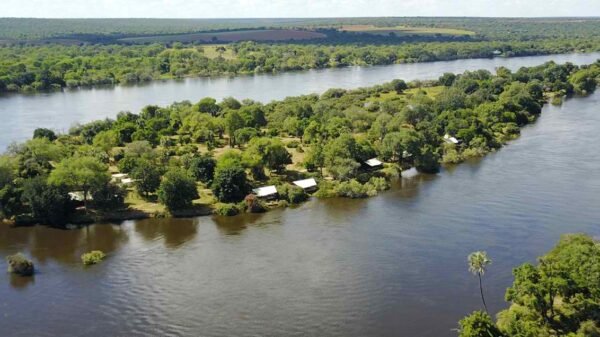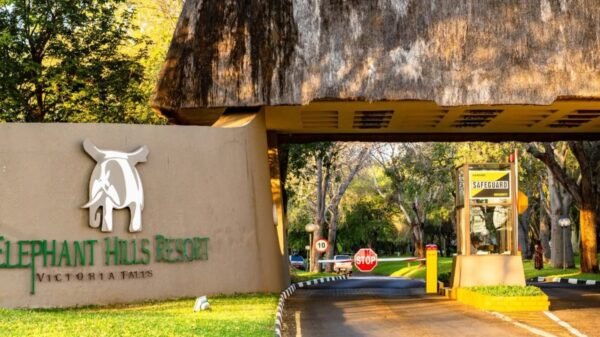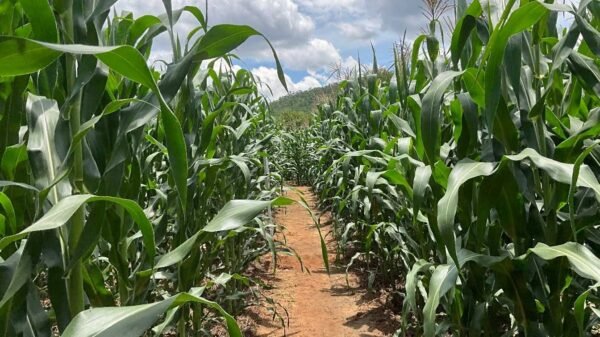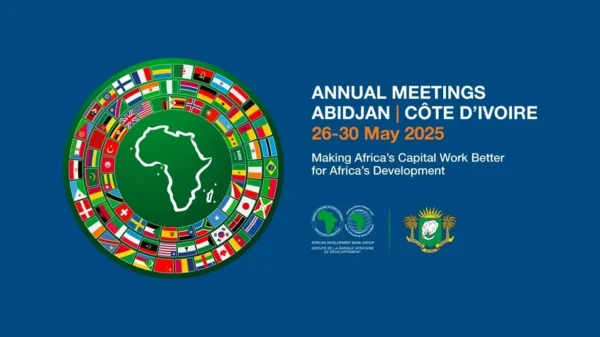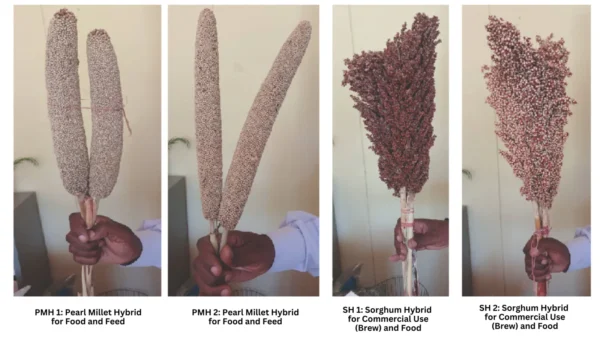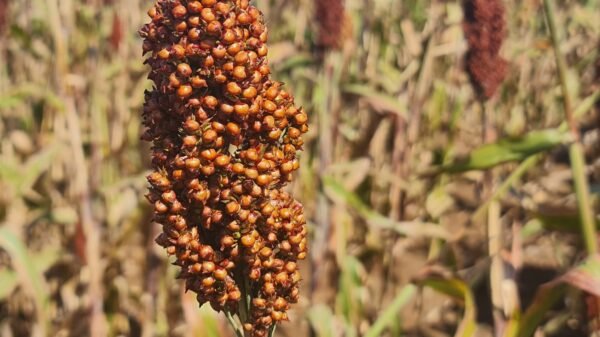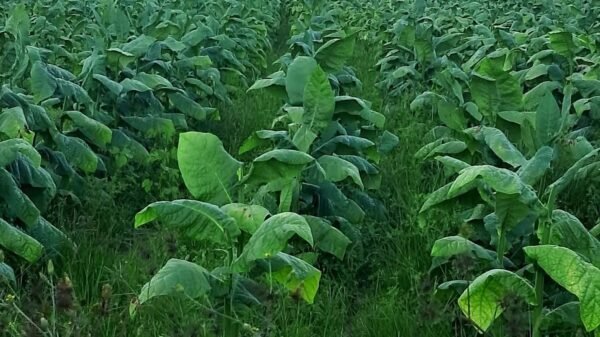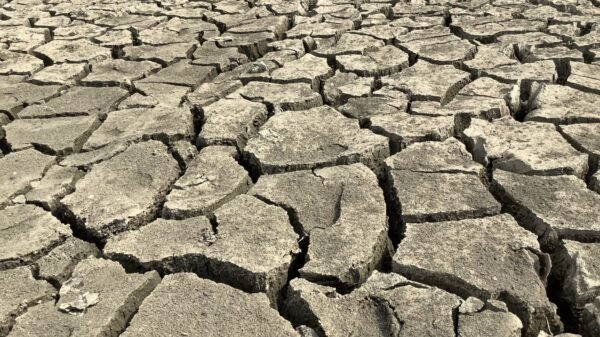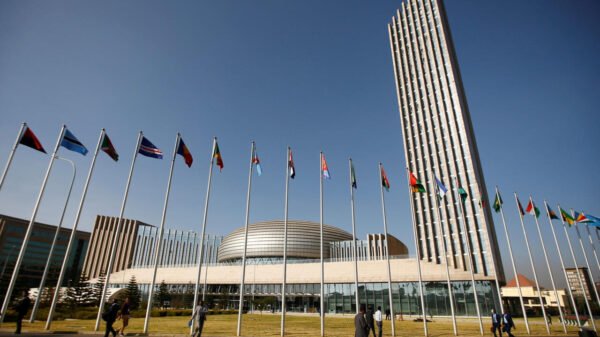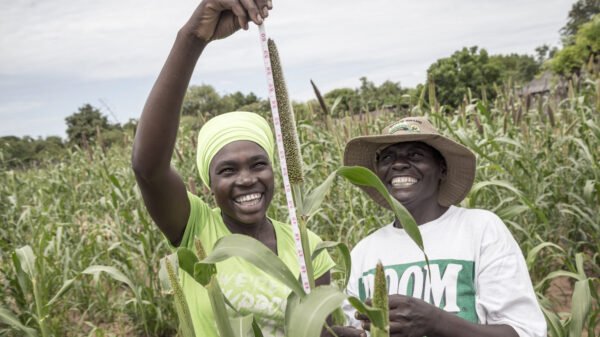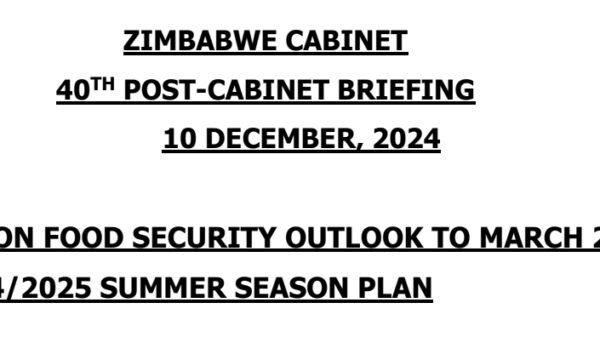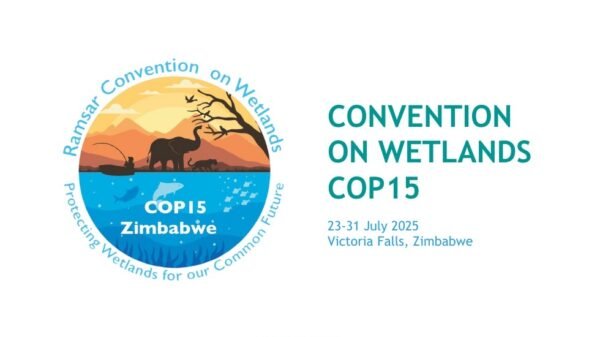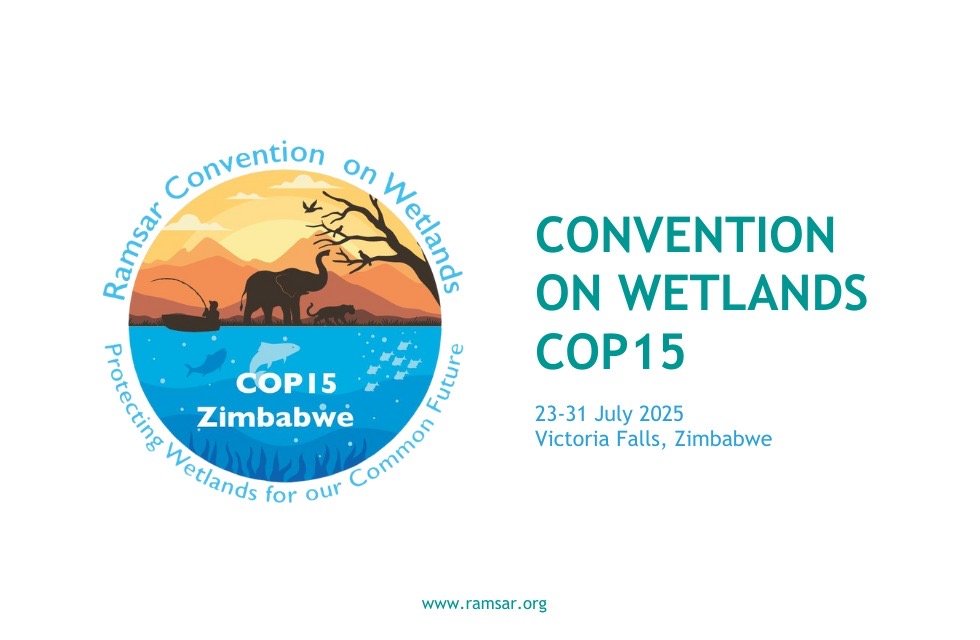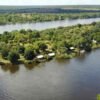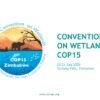ON 24 July 2025, Victoria Falls in Zimbabwe will be among the world’s 31 Wetland Cities to receive special recognition and a certificate from the 15th Ramsar Convention Conference of the Contracting Parties (Cop15).
Zimbabwe is hosting the Cop15 summit from July 23-31 at the Elephant Hills Resort and Conference Centre in Victoria Falls. The theme of the conference is “Protecting Wetlands for our Common Future,” highlighting the importance of wetlands in maintaining ecological balance, supporting biodiversity and ensuring climate resilience.
Victoria Falls, also known as Mosi-oa-Tunya (the smoke that thunders), was designated a Unesco World Heritage Site in 1989. It is one of only two places in Africa to be accredited with Wetland City status — the other one being Botswana’s Kasane-Kazungula, Shakawe.
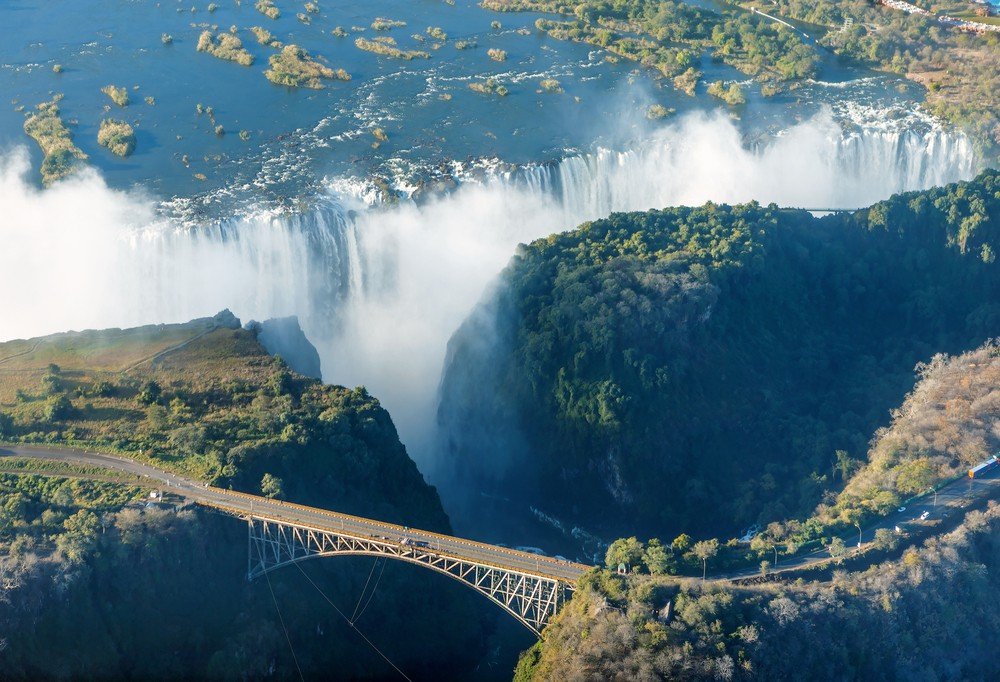
The falls, a spectacular natural wonder which attracts tourists and researchers from across the globe, is the largest curtain of falling water in the world, stretching 1 708 metres wide and dropping up to 99 metres. The area around the falls is also a World Heritage Site, encompassing both Mosi-oa-Tunya National Park in Zambia and Victoria Falls National Park and Zambezi National Park in Zimbabwe.
The United Nations explains why the “outstanding universal value” of the Victoria Falls has enchanted the planet:
“These are among the most spectacular waterfalls in the world. The Zambezi River, which is more than 2km wide at this point, plunges noisily down a series of basalt gorges and raises an iridescent mist that can be seen more than 20 km away.”
Fragile ecosystem
But the Victoria Falls, located in a fragile ecosystem, is facing serious threats from over-commercialisation, urbanisation, and the unrelenting climate crisis.
For decades, environmentalists have raised alarm over what they see as unbalanced commercialisation, arguing that it is affecting the natural beauty and ecological integrity of the Victoria Falls area. Concerns include the encroachment of infrastructure, particularly hotels and restaurants, into sensitive areas like the “no new development zone” and the disruption of wildlife corridors. This has led to environmental degradation, human-wildlife conflict, and jeopardises the tourism jewel’s status as a natural wonder.
Unesco says the Victoria Falls area must be carefully managed to preserve the pristine environment.
“The falls being a major attraction, urban infrastructure developments, tourism facilities and services may impact the property’s integrity and therefore need to be carefully managed not to compromise the exceptional beauty and Outstanding Universal Value of the property.
“Effective and continued action is also required to tackle the current and potential impacts of alien species on the property.”
Both Zimbabwe and Zambia to blame
In 2022, the United Nations warned that plans by the governments of Zimbabwe and Zambia for the development of a golf course, lodges and a hydroelectric dam near the Victoria Falls would put the renowned tourist destination at risk of losing its Unesco World Heritage Site status.
Unesco said the over-development of Victoria Falls and Livingstone was ruining the environment and disrupting wildlife corridors. On the Zambian side, construction of the 300-bed Radisson Blu Mosi-oa-Tunya Resort was nearing completion at the time. Unesco said the building works must stop.
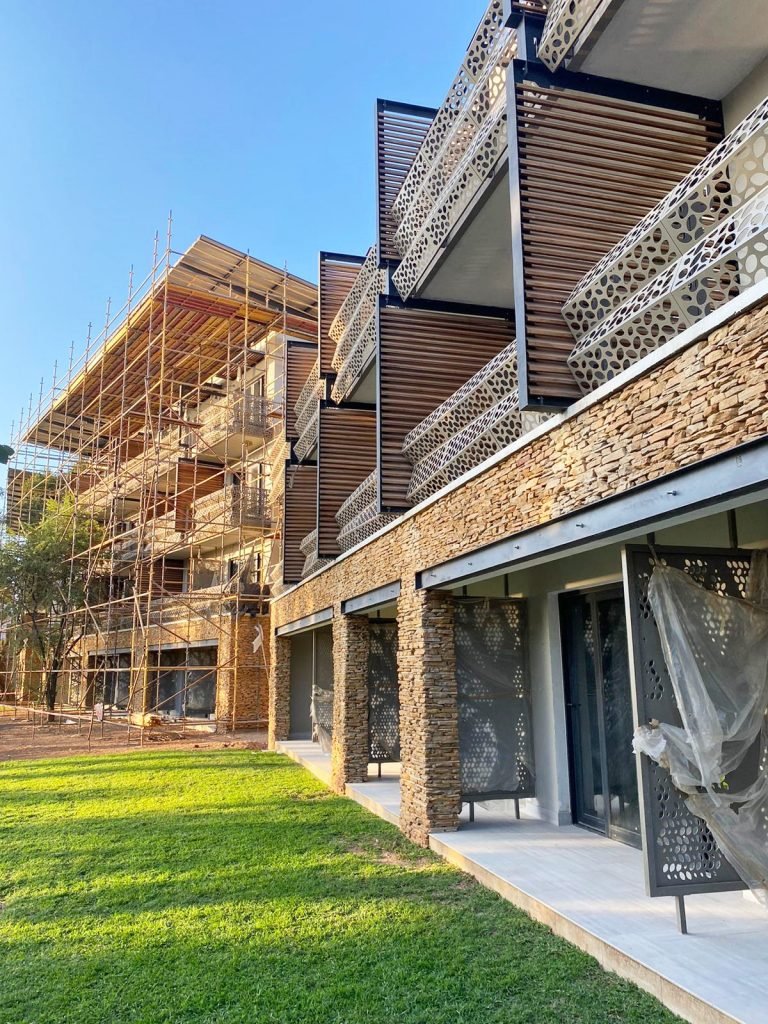
On the Zimbabwean side, at the time, there were reports of ambitious plans to build luxury lodges on Zambezi River islands upstream of the falls. Environmentalists warned that the islands were ecologically delicate and should not be tampered with if the environment was to retain its natural state.
Unesco has also raised concern over plans by Zambia and Zimbabwe to jointly develop the US$4 billion Batoka Gorge hydro-electric scheme downstream of the falls.
Tensions and disaggrements over the commercialisation of Victoria Falls have sparked lawsuits and counter-lawsuits over the years.
In 2022, Victoria Falls-based wildlife painter and conservationist Larry Benjamin Norton filed a High Court application seeking to interdict Scanner Investments — the developers of Baines Restaurant — from further construction within the ecologically sensitive area bordering the iconic rainforest. The Victoria Falls Rainforest is an area of dense woodland vegetation supported and nourished by the constant spray from the falls.
Norton argued in his court papers that the over-commercialisation of the area would inflict irreparable harm on the fragile ecosystem. However, in an intriguing twist to the saga, the owners of Baines Restaurant have since filed a US$2 million defamation lawsuit against Norton, saying his allegations have harmed their business. Both court cases are yet to be concluded.
The price of development
Ecologists have repeatedly warned that the pristine state of the world’s largest waterfall is increasingly at risk due to relentless over-development and commercialisation.
Over the years, there has been a surge of companies vying to construct lodges, restaurants, a golf course, and even a “selfie pool” on untouched riverine land and within ecologically sensitive game parks.

Some environmental experts contend that Victoria Falls is experiencing rapid habitat loss, endangering both its delicate ecology and the tourism it supports, which is anchored on the untouched wilderness.
A scandal erupted a few years ago when a Chinese-owned company invited potential investors to develop three sites around the World Heritage Site, including Victoria Island on the Zambezi River, upstream of the Falls, where it planned to build a high-end lodge catering to tourists willing to spend US$2 000 per night. The company’s plans also included a jetty-site restaurant and a hotel and conference centre.
Separately, an already existing tourism company advertised commercial opportunities on Cataract Island, located close to the waterfall.
Environmentalists have expressed disquiet about the impact of these developments.
From pristine wildlife corridor to growing metropolis
The Zimbabwean government is actively encouraging development.
Victoria Falls was designated a city in December 2020 and is poised to expand into a metropolis. To attract foreign direct investment and stimulate development, the government has designated the city a Special Economic Zone, with plans to build a five-star hotel, conference centre, university, military camp, and stadium.
The Victoria Falls Stock Exchange, launched in December 2021, is intended as a precursor to an international financial centre.
Ecologists warn that the Unesco World Heritage Site — preserved for decades through environmental conservation — could become over-developed and over-commercialised unless stakeholders take urgent action. Cop15 could now shine the spotlight on both the immense potential and the serious challenges facing the Victoria Falls, one of the Seven Natural Wonders of the World.–Staff Writer.

